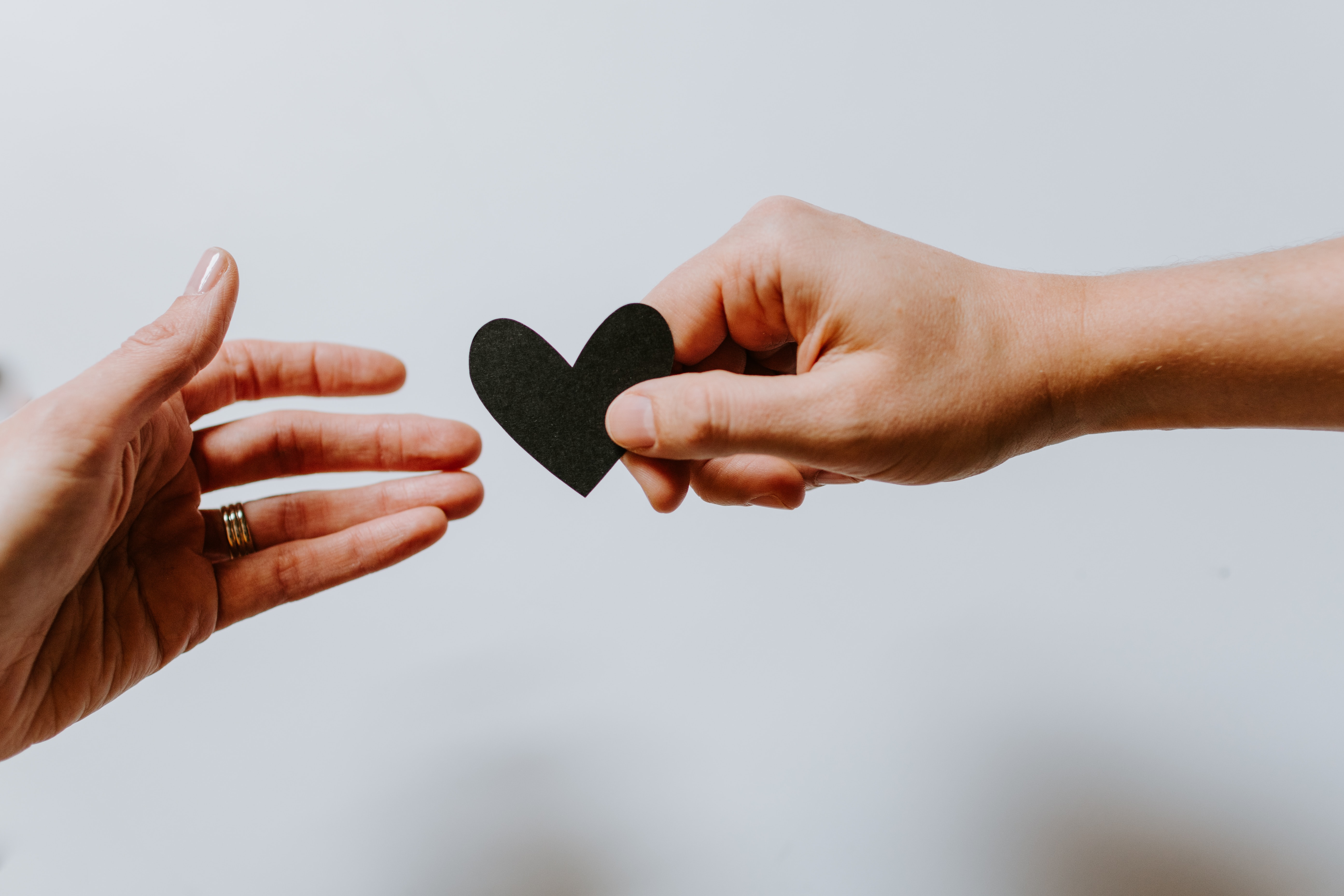 Photo by Kevin Doran
Photo by Kevin Doran
It’s summer and it is the best time to enjoy fresh herbs from your garden. Herbs, be it basil, cilantro, oregano, parsley, mint, chives, thyme, or another, not only flavor your culinary dishes but bring with it a ton of health benefits that should compel us to take advantage of.
National More Herbs, Less Salt Day comes on August 29 of every year reminding us that a way to eat less salt is by eating more herbs so the flavor and taste are not compromised but actually better.
Herbs contain protective polyphenols which are plant compounds with antioxidant, antimicrobial, and anti-inflammatory effects. Regular use of polyphenols will help in brain health, digestion, arthritis, and protect against chronic diseases such as heart disease. In addition, several herbs such as cilantro, chives, and parsley contain vitamins A, C, and K. This helps in boosting immunity, fighting off colds, preventing osteoporosis, and help in eye health.
Eating too much salt has been associated with high blood pressure, heart disease, heart failure, stroke, fluid retention, kidney disease, and osteoporosis. The American Heart Association recommends less than 2,300 milligrams (mg) of sodium per day and ideally moving towards a lower goal for most adults. One teaspoon of salt contains about 2,325 mg of sodium which means you have to consume less than one teaspoon a day to reach that goal. The average Americans eats about 3,400 mg of sodium per day. This means that there is definitely room for improvement.
So, how do we attempt to cut down on that salt? Flavor your meals with herbs and spices to keep the flavor and taste but without compromising on your health. There are so many enticing recipes to make with herbs and you can get creative. For instance, make pesto, salad dressings, pasta, tabbouleh salad, chimichurri sauce, flavor butter, infuse olive oil, blend into smoothies, and so much more.
If you have a herb garden, that’s great, if not, get some fresh herbs. Yes, restaurant food tastes good, but it also has a high sodium content. Cooking at home ensures we know what we are eating and helps us make that conscious attempt to put less salt in your food and incorporate more healthier ingredients. Your future body will thank you!
 Photo by
Photo by  Photo by
Photo by  Photo by
Photo by  Photo by
Photo by  Photo by
Photo by  Photo by
Photo by  Photo by
Photo by  Photo by
Photo by